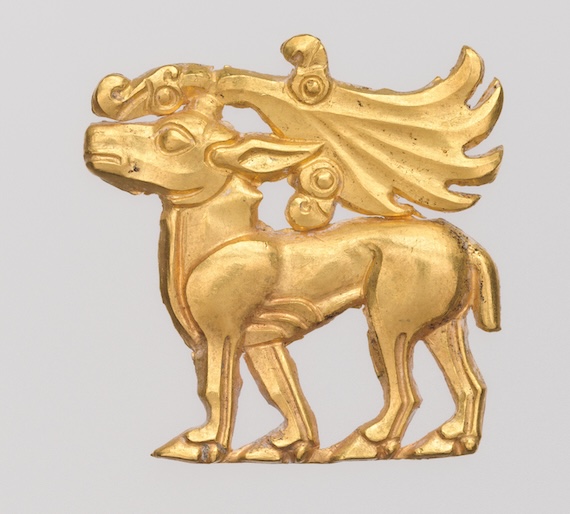The more genetic history that is done, the more it is clear that ancient ethnonyms, the names given supposed ethnicities, put a variety of peoples under a single rubric. I talked recently about how the Phoenicians, long thought to be what we would now call Lebanese, were actually a multi-ethnic trading diaspora in which Greeks and Italians took a leading role in North Africa and Spain — even if they worshiped the god Baal and adopted a Semitic lingua franca.
This point is worth underlining at a time when the United States is seized with a paroxysm of white nationalism. “Whiteness” is meaningless as an ethnicity. Some 5% of self-professed whites in the South have recent African heritage. Courts recognized Arab-Americans as white in the early twentieth century when the category was essential for basic legal and property rights. Apartheid South Africa recognized the Japanese as “white” when they became for a while the world’s second largest economy. Most “national” “ethnicities” can be deconstructed. So it is important to recognize that “nations” are constructs. Certainly, the diverse Scythians were.
The secret of the greatness of the Scythian Empire was, like the secret of the greatness of the United States, its very ethnic diversity and ability to bring in new populations under a broadly similar culture.



Someone is about to get their federal grants canceled…